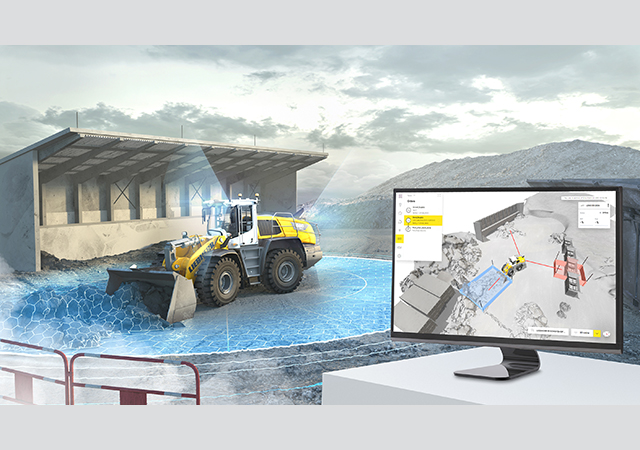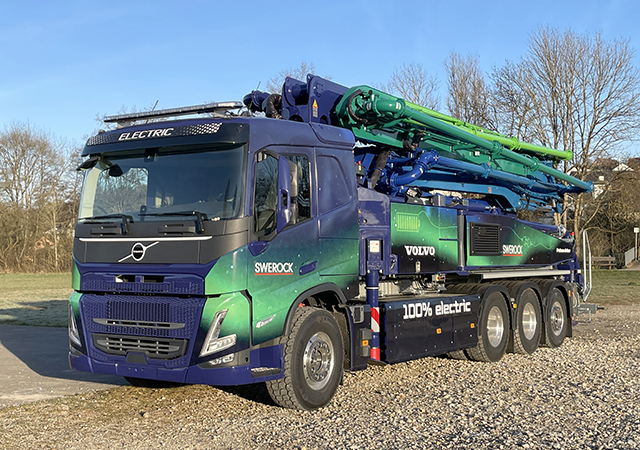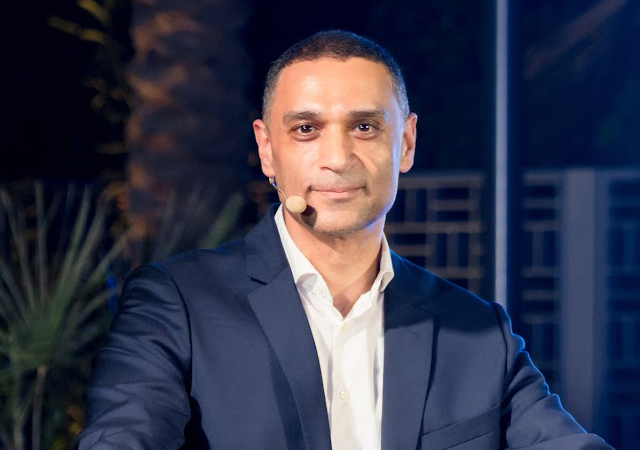
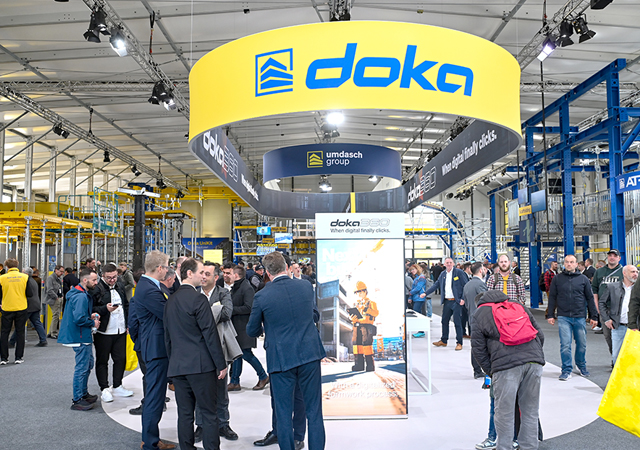 The Doka 360 digital platform was launched at bauma.
The Doka 360 digital platform was launched at bauma.
Austria-based Doka, a global leader in formwork and scaffolding, is targeting expansion in the Middle East and Africa (MEA) by leveraging digital technologies and sustainable practices, its top executives told Gulf Construction at bauma 2025, the leading construction machinery, vehicles and equipment trade fair held last month in Munich, Germany.
CEO Robert Hauser and Regional Director for MEA Peter Fischer outlined the company’s strategy for growth in the Middle East and Africa (MEA) with a focus on anticipating customer needs and providing comprehensive solutions.
“Innovation is part of Doka’s DNA. But staying ahead means more than developing new products – it’s about anticipating what our customers will need tomorrow,” Hauser stated.
This forward-thinking ethos permeates Doka’s strategy, driving investment not only in tangible hardware but also in the intangible realm of digital technologies.
He emphasised the company’s commitment to investing in technologies that add value on site, alongside expanding its global reach and full-service offering from formwork to scaffolding. Once such innovation is the Doka 360 digital platform, which was launched at bauma.
“The goal is not just to deliver equipment but to help build better, faster, and more sustainably,” he added.
For Hauser, maintaining Doka’s leadership position is a multifaceted endeavour, requiring continuous investment “in people, in partnerships, and in breakthrough ideas”.
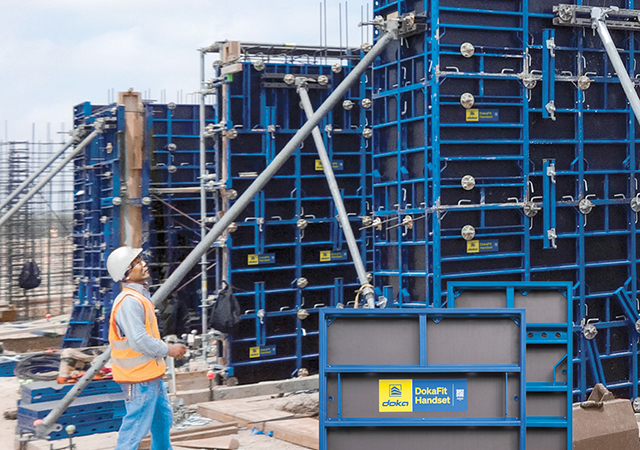 |
|
DokaFit was introduced in the region as a “fit-for-purpose” initiative for smaller construction sites. |
Hauser underscored the transformative power of technology, stating: “At Doka, we believe the construction site of the future will be digital, safer, and significantly more productive, and that future is already becoming a reality.”
He pointed to automation, robotics, and real-time sensor technology as pivotal in enhancing efficiency and safety.
Furthermore, investments in “digital control and sensor systems enable smarter, data-driven decisions even under complex conditions or when working with low-carbon concrete,” he emphasised, adding that this isn’t a futuristic concept but a present-day reality, as evidenced by the company’s future-ready technologies exhibited at bauma.
Doka has a significant global reach, with a substantial portion of its business generated internationally. “Around 92 per cent of our business is generated outside of our home markets,” Fischer pointed out.
MEA, a significant market
He highlighted the significance of the MEA region, noting Doka’s long-standing presence and understanding of local needs. “Innovation has always been a central pillar of Doka’s business philosophy, and one that has been fully understood by our clients and partners in the GCC. The MEA region is vast, and for emerging markets, particularly in Africa, we focus on providing tailored product portfolios and services,” he said.
Fischer elaborated on the specific dynamics of the region, where rapid urbanisation and infrastructure development present both challenges and significant opportunities. “One significant challenge is the sheer scale and complexity of the projects coming online. We’re seeing ambitious mega-projects demanding innovative formwork solutions and a high degree of engineering expertise to ensure efficiency and safety on site. Our focus is on providing bespoke, adaptable systems and comprehensive support to meet these intricate requirements,” he explained.
The Regional Director also pointed to the increasing demand for sustainable and efficient construction methods, with clients prioritising solutions that minimise environmental impact and reduce timelines.
Doka is addressing this by investing in and promoting technologies that enable faster cycle times, reduce material waste, and contribute to more climate-friendly building practices, he explained.
The dynamic nature of the MEA region also presents considerable opportunities for growth and collaboration. “The sheer volume of projects means a strong demand for reliable formwork suppliers who can deliver on time and provide technical know-how,” Fischer stated.
Doka is capitalising on this by building strong, collaborative relationships with its clients, becoming a trusted partner in their success.
He also emphasised the importance of local understanding: “We recognise the diverse nature of the region, with varying local regulations, labour practices, and project requirements. Our strategy involves a strong local presence, allowing us to understand and respond effectively to these nuances, offering tailored solutions and on-the-ground support that meets the specific needs of each market within the Middle East and Africa.”
To cater to the specific dynamics of the MEA market, Doka introduced the DokaFit product line, a “fit-for-purpose” initiative aimed at smaller construction sites in response to the varying needs of the site, such as speed, durability, and multipurpose functionality. Fischer explained this approach provides access to price-sensitive areas, enabling Doka to add value to projects of any scale.
Sustainability is a key priority in the MEA, and Fischer noted the increasing importance of LEED certification. Doka supports this goal by offering products that align with sustainability standards and by engaging with project owners during tenders. It also advocates for a circular economy by prioritising the durability and reusability of its formwork and scaffolding systems. This is achieved through buy-back and rental models, along with significant investments in equipment refurbishment.”
All new Doka products are designed with sustainability in mind, including features like product carbon footprint (PCF), which measures theit greenhouse gas emissions. Another example is the Xlife top sheet, revealed at bauma, which is made primarily from recycled plastic and is 100 per cent recyclable, used in many Doka framed formwork systems.
Both Hauser and Fischer conveyed Doka’s commitment to embracing digitalisation, prioritising sustainability, and fostering strong partnerships to continue its leadership in the formwork and scaffolding industries within the Middle East and Africa.


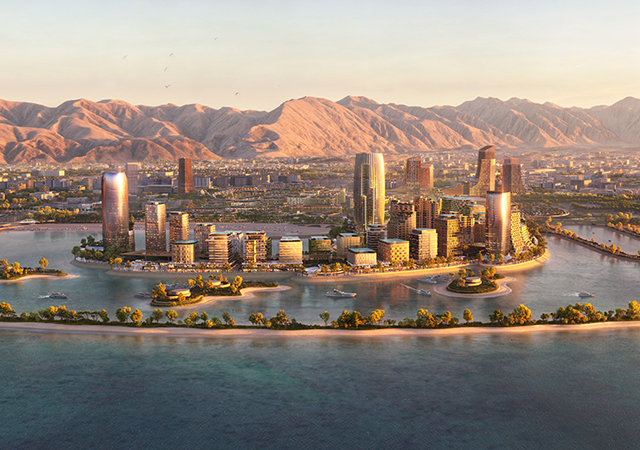
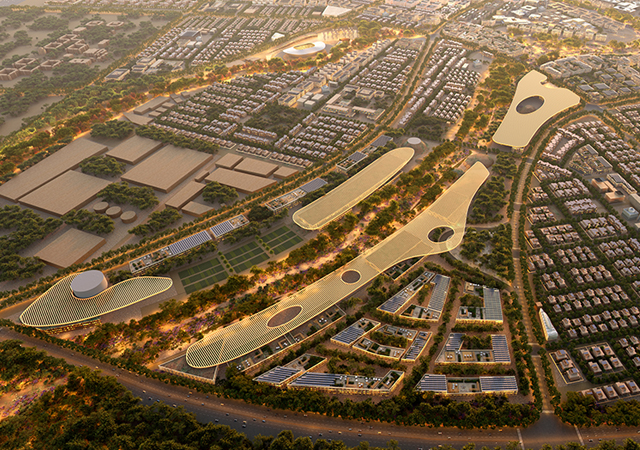
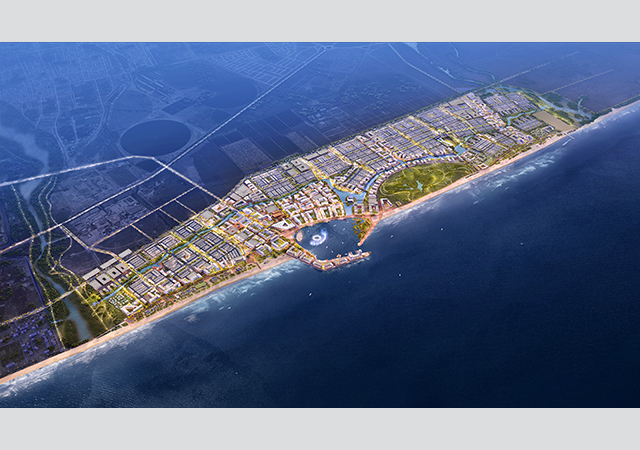
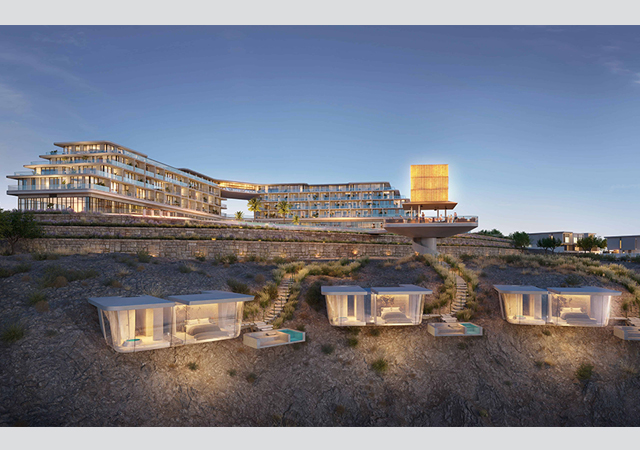
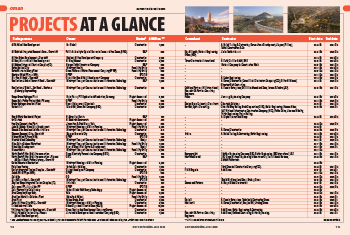
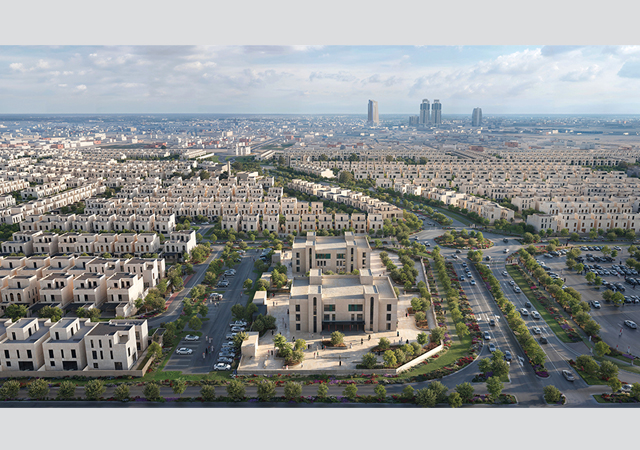
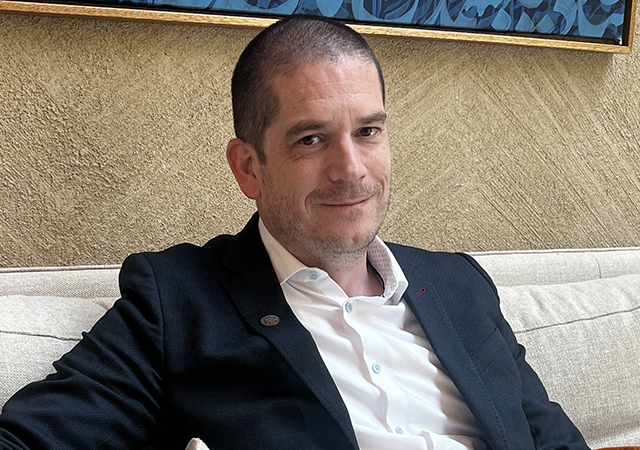
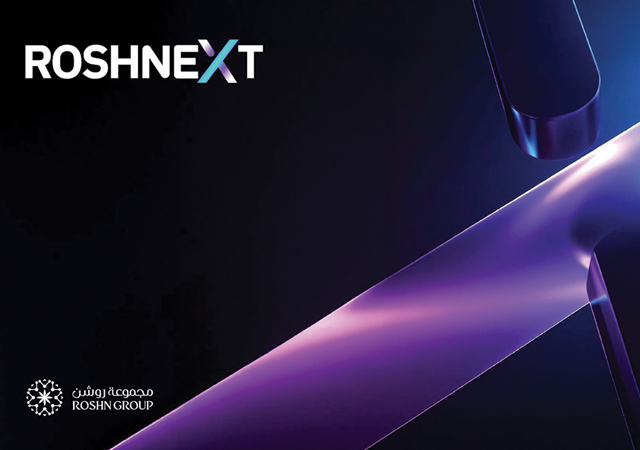
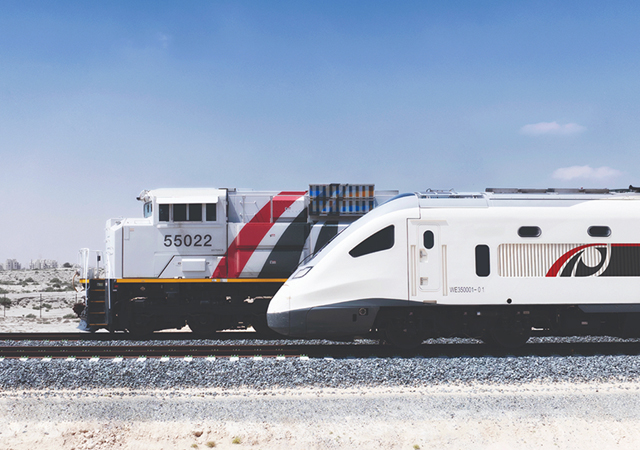
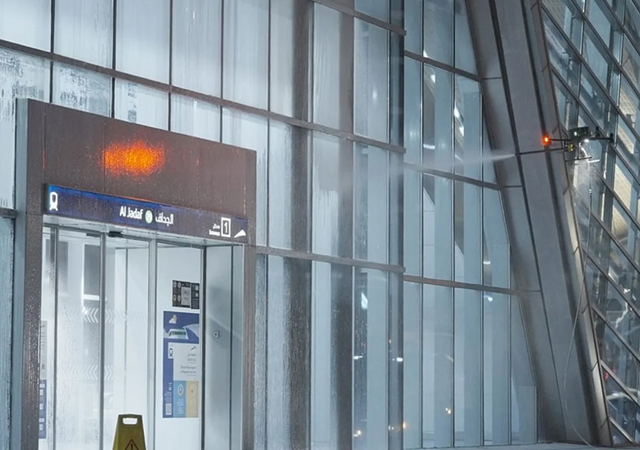
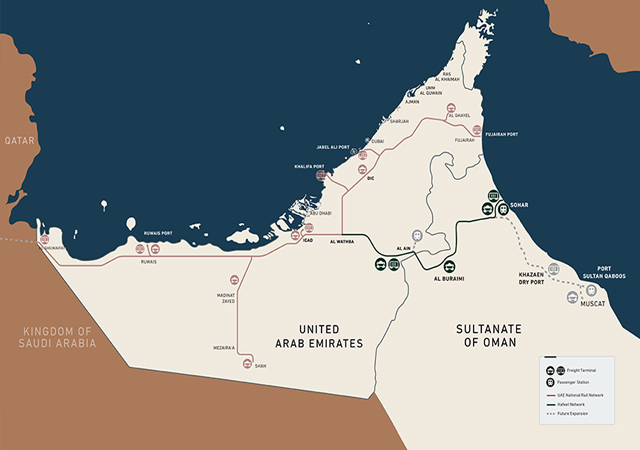
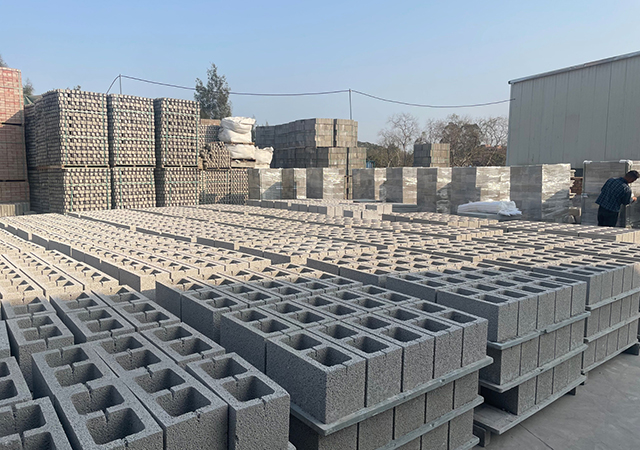
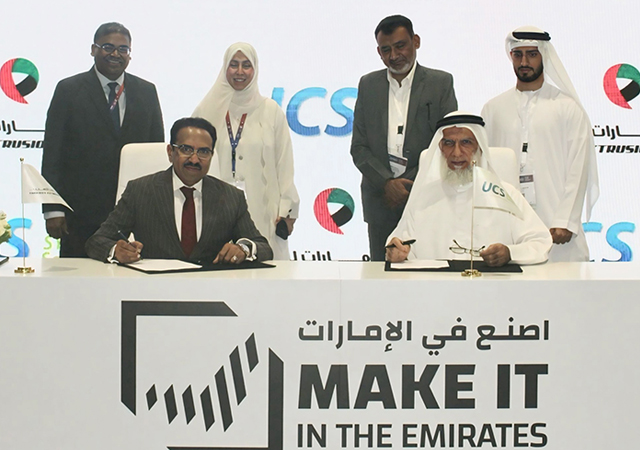
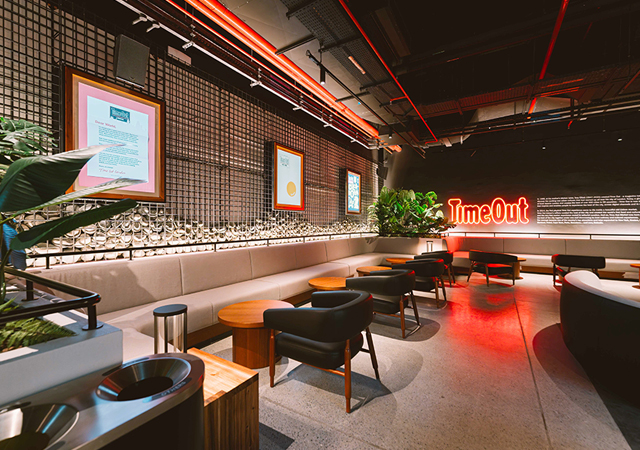
.jpg)
.jpg)
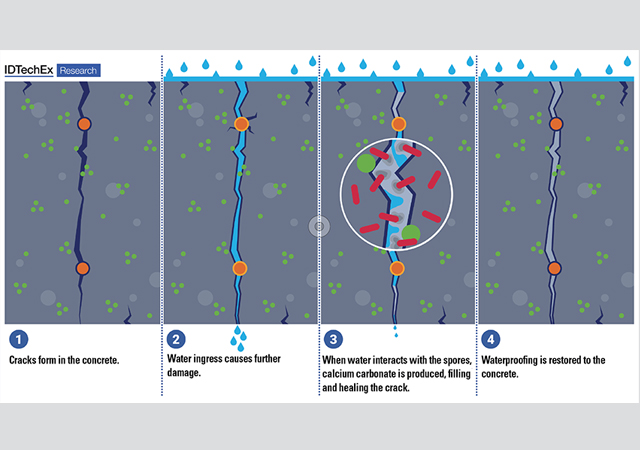
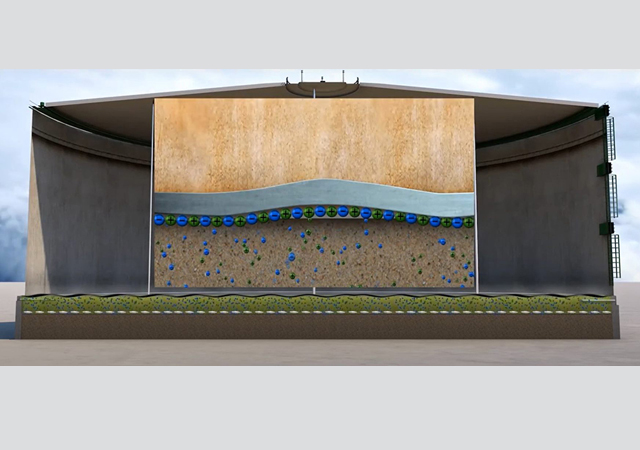
.jpg)
.jpg)
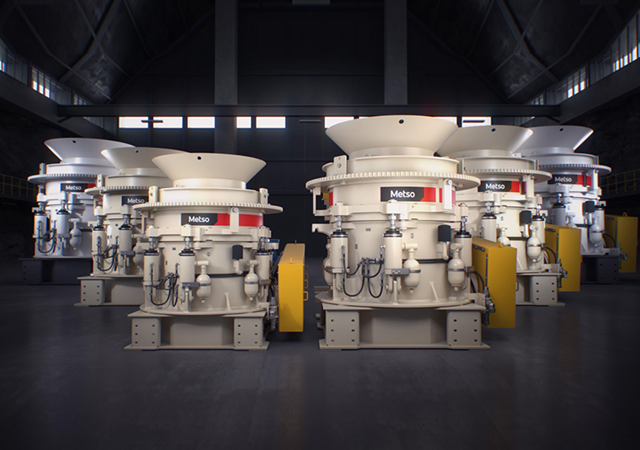
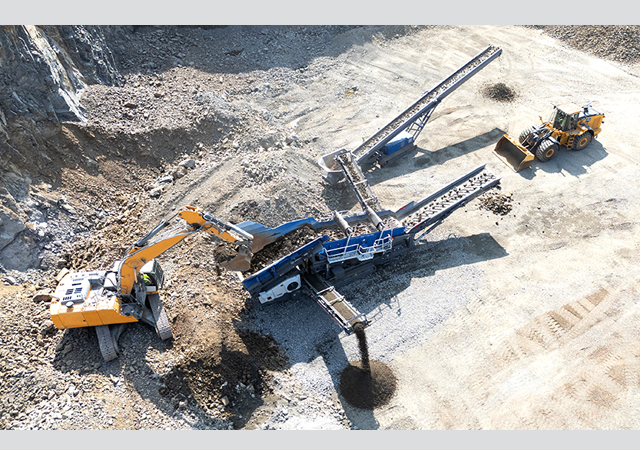
.jpg)
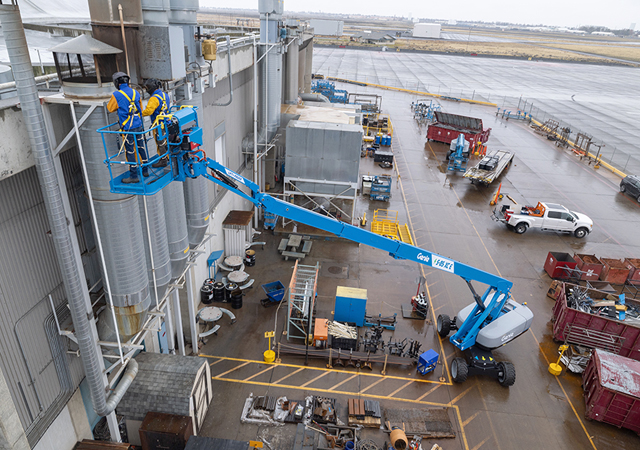
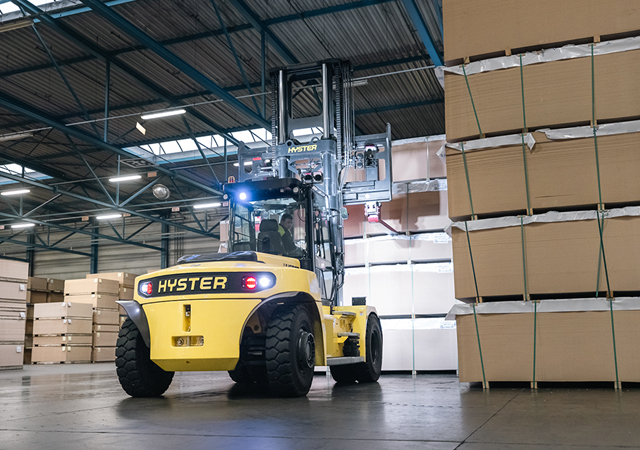
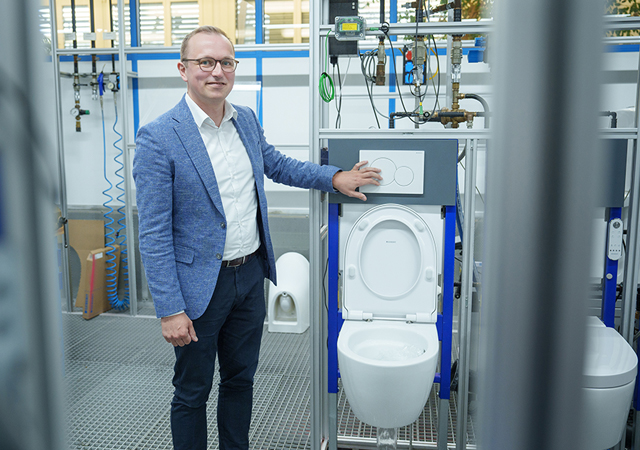
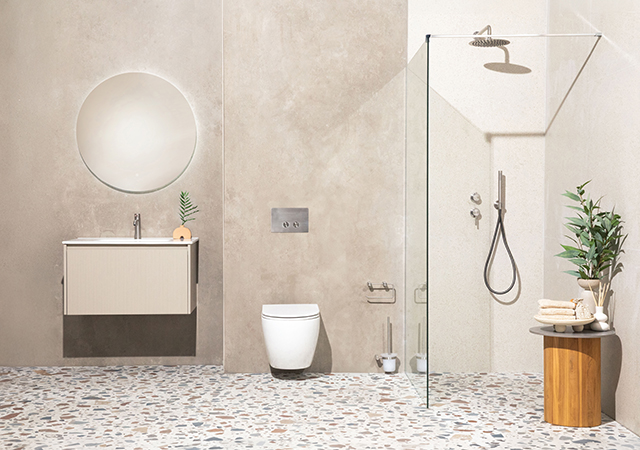
 Doka.jpg)


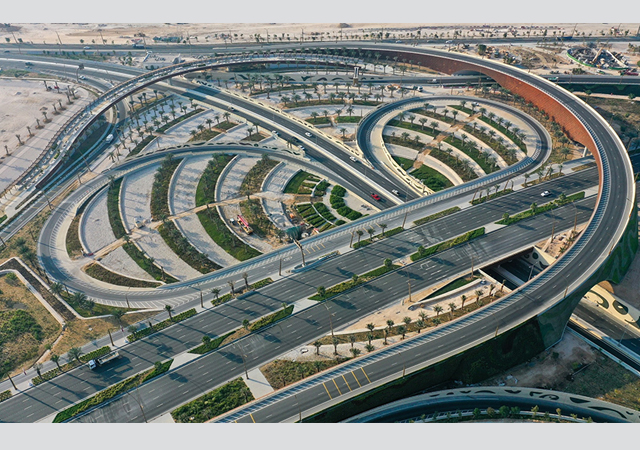
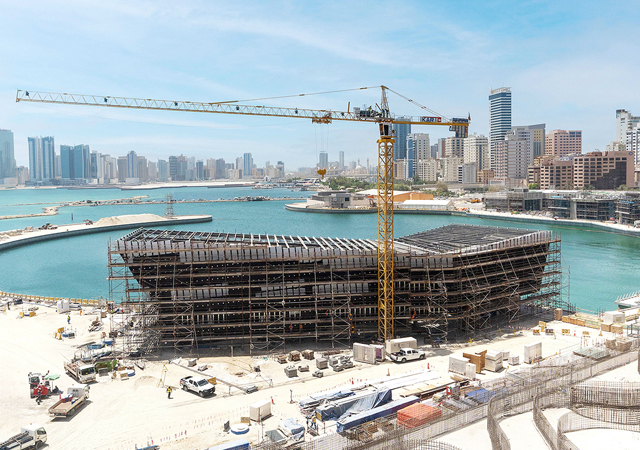
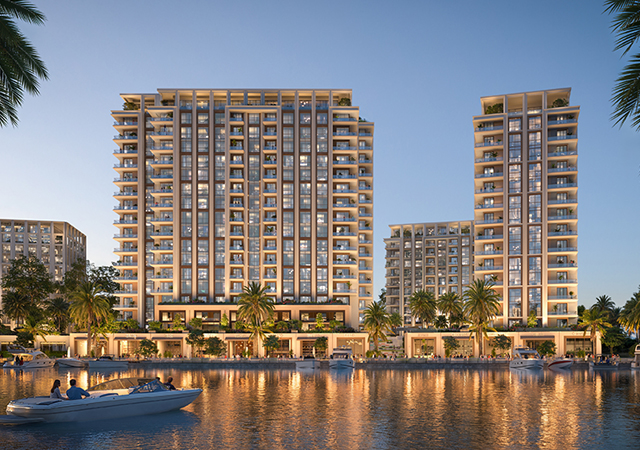
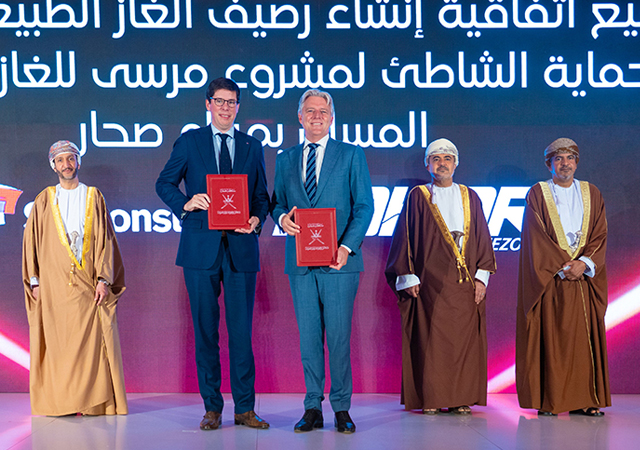
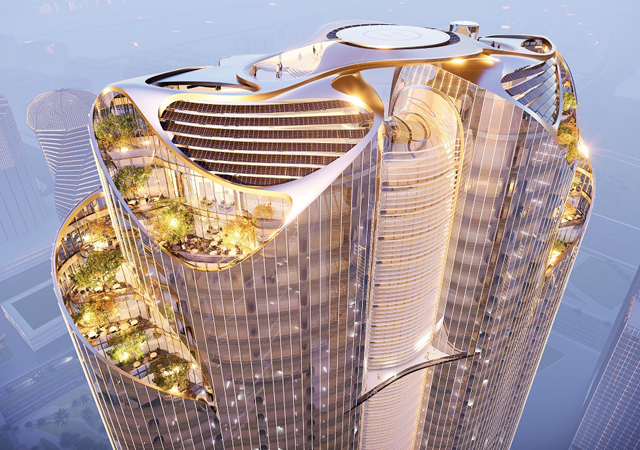
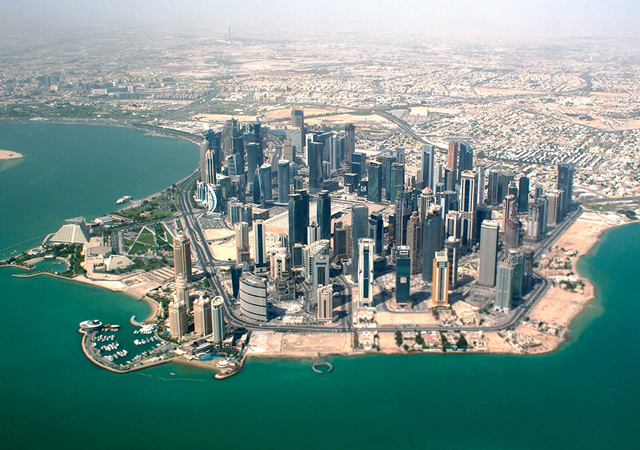
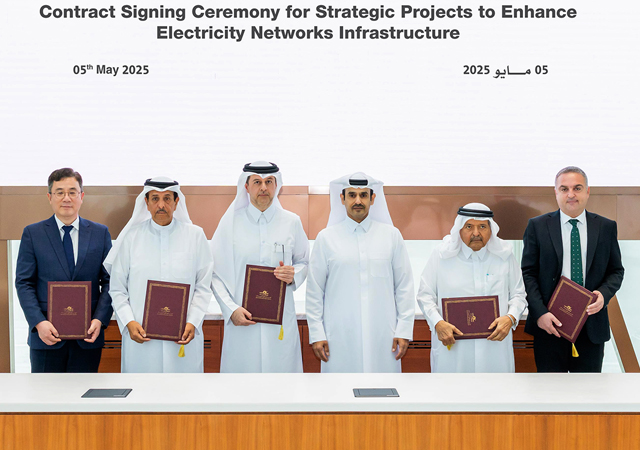
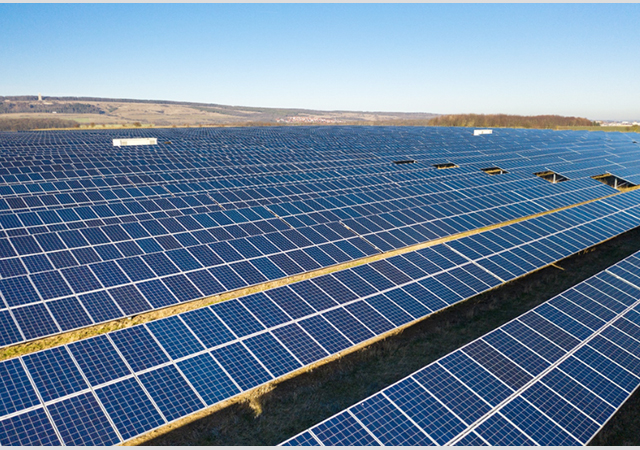
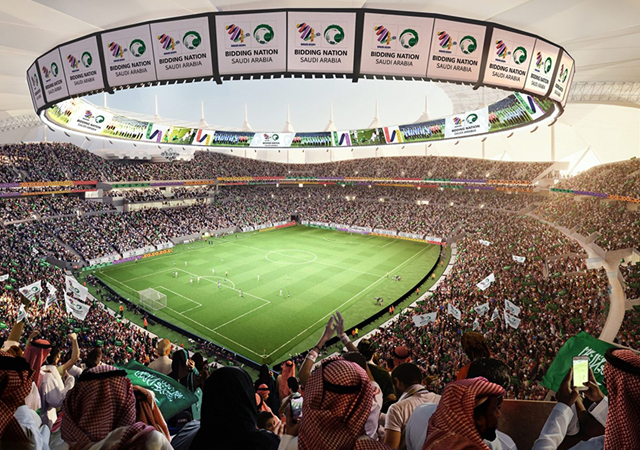
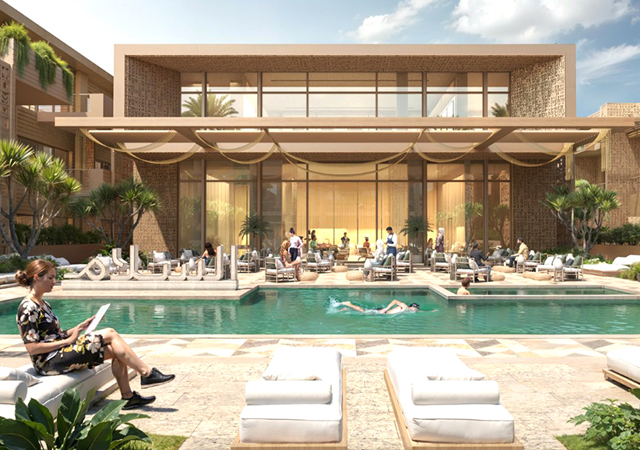

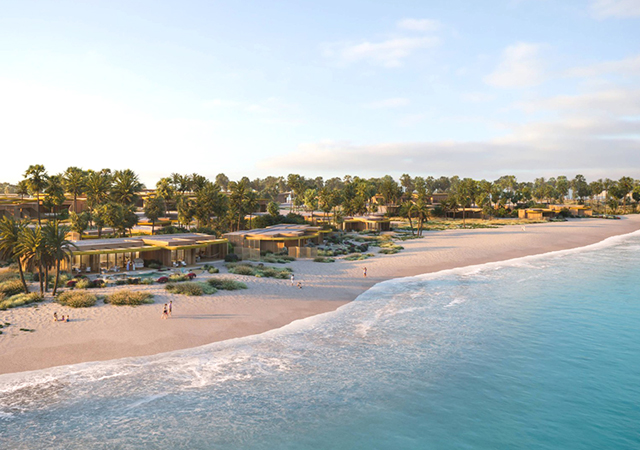
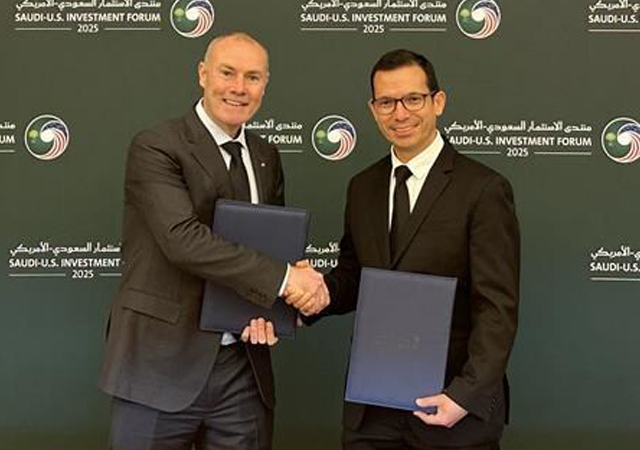
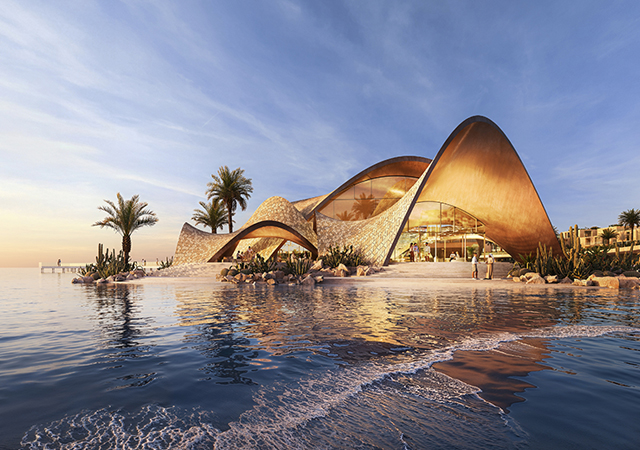
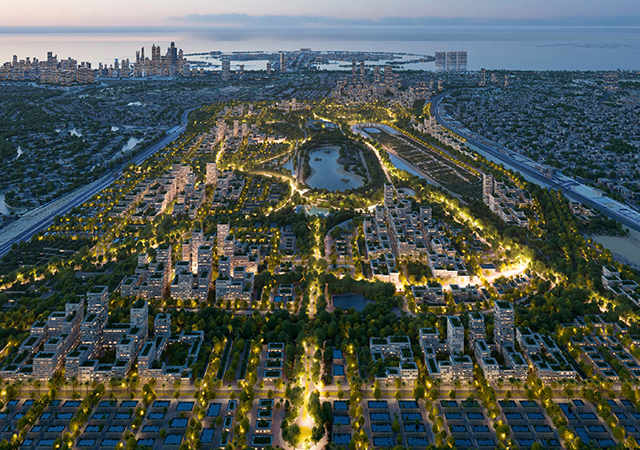
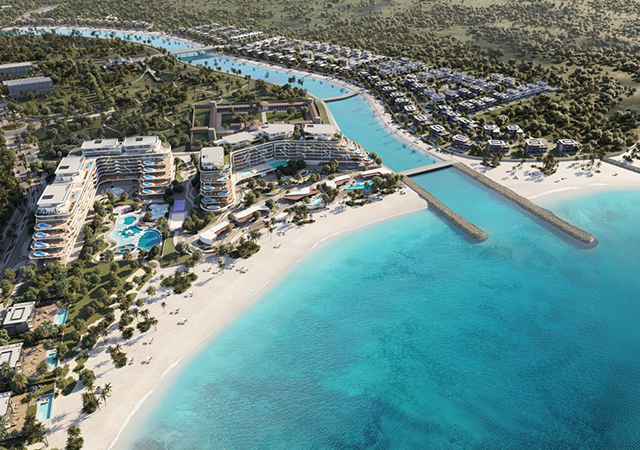
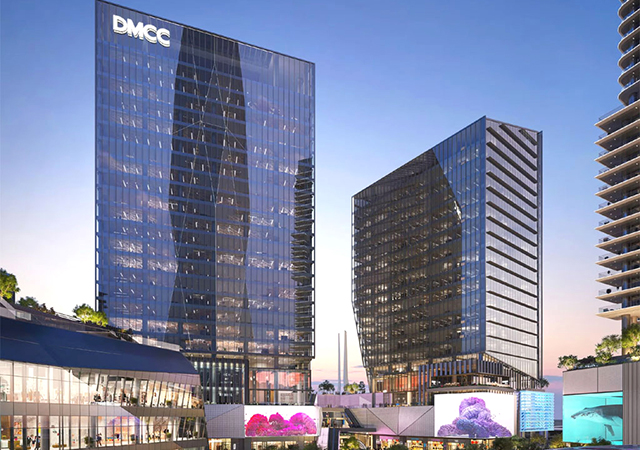
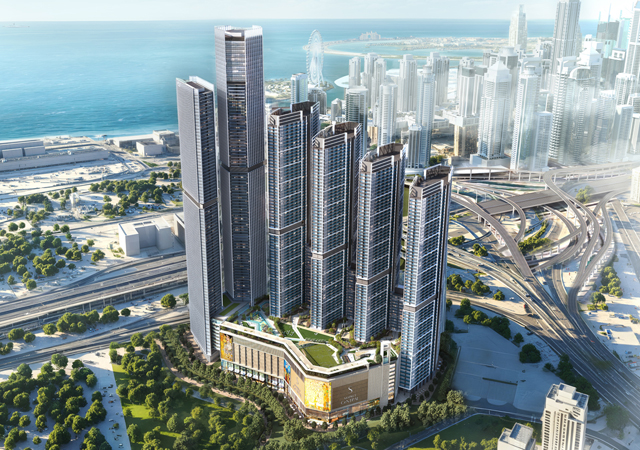
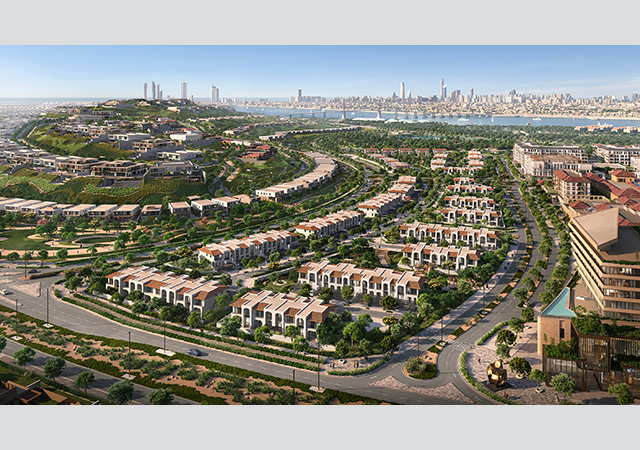
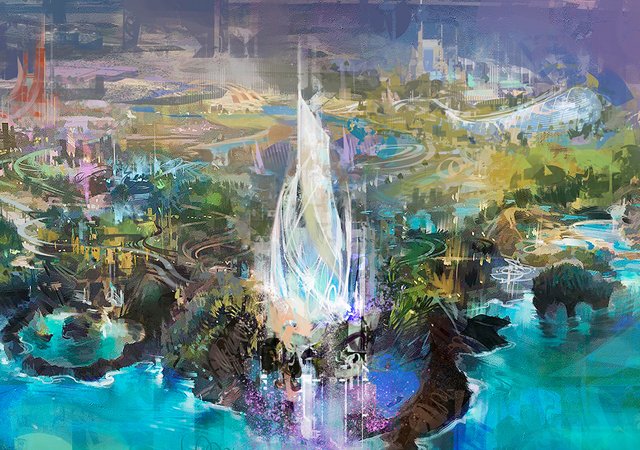
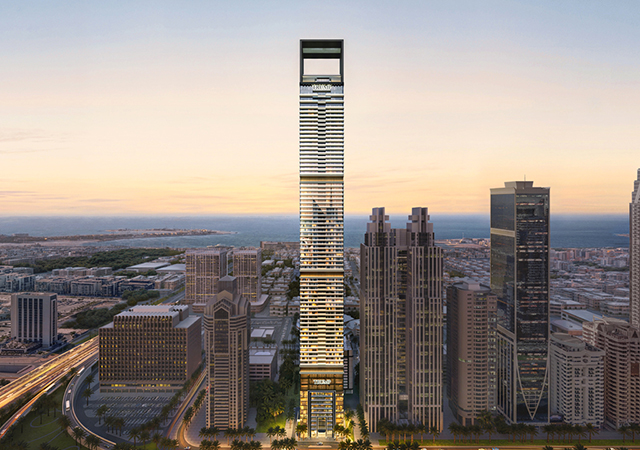
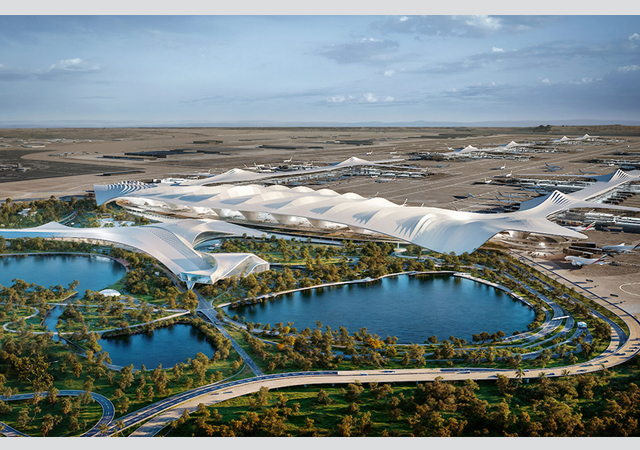
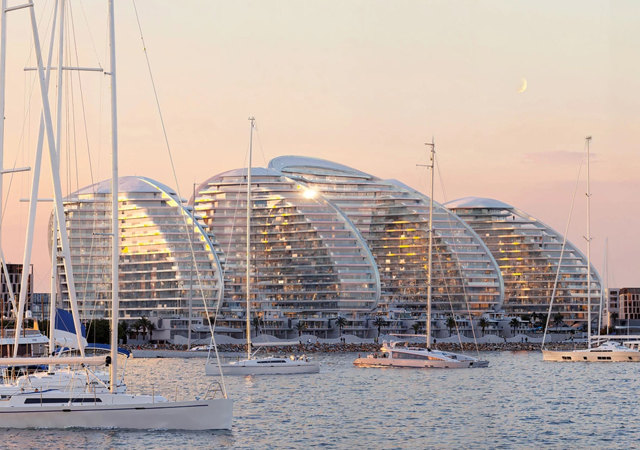
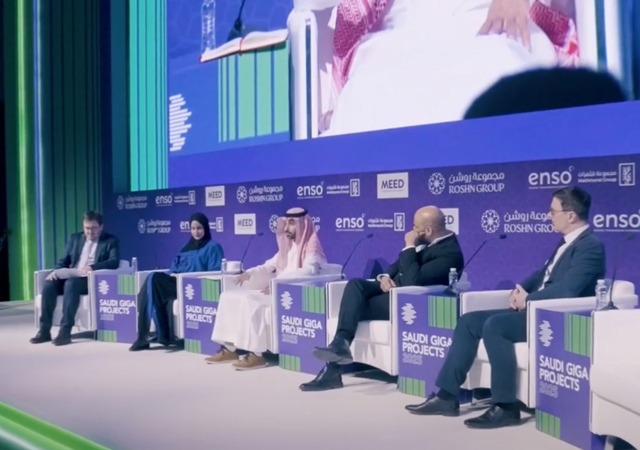
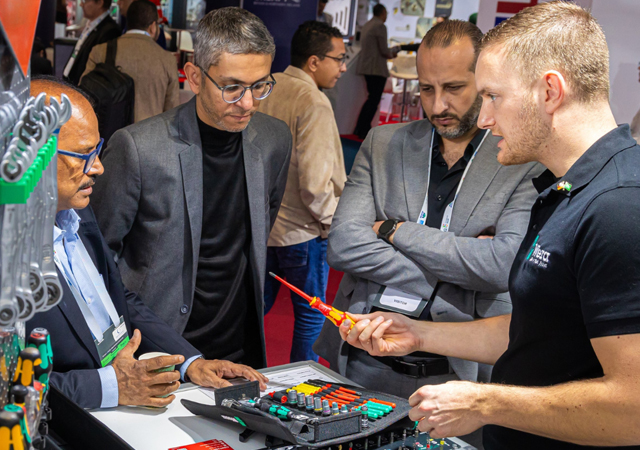


.jpg)
